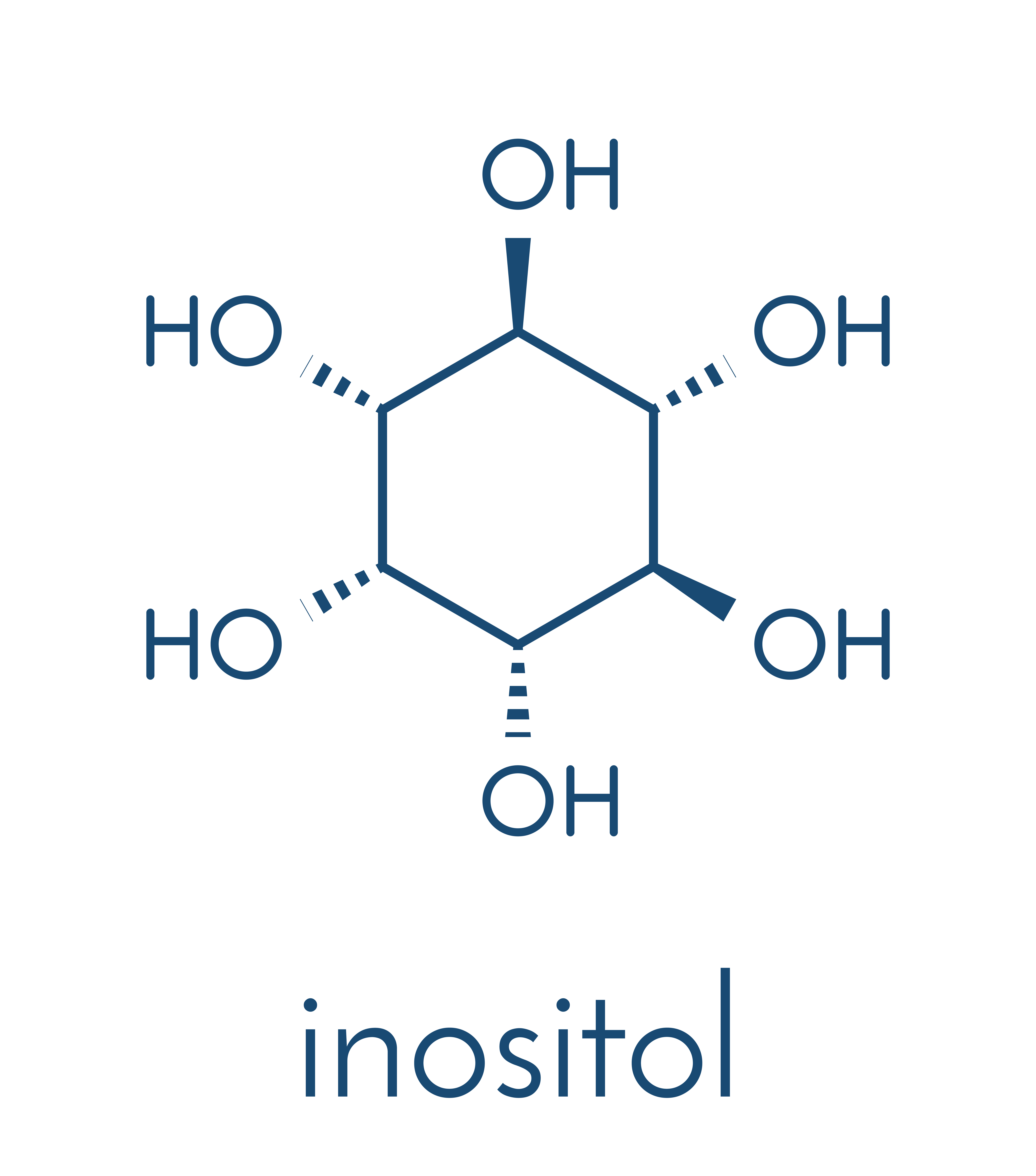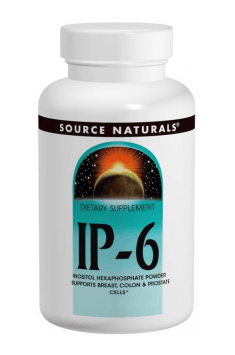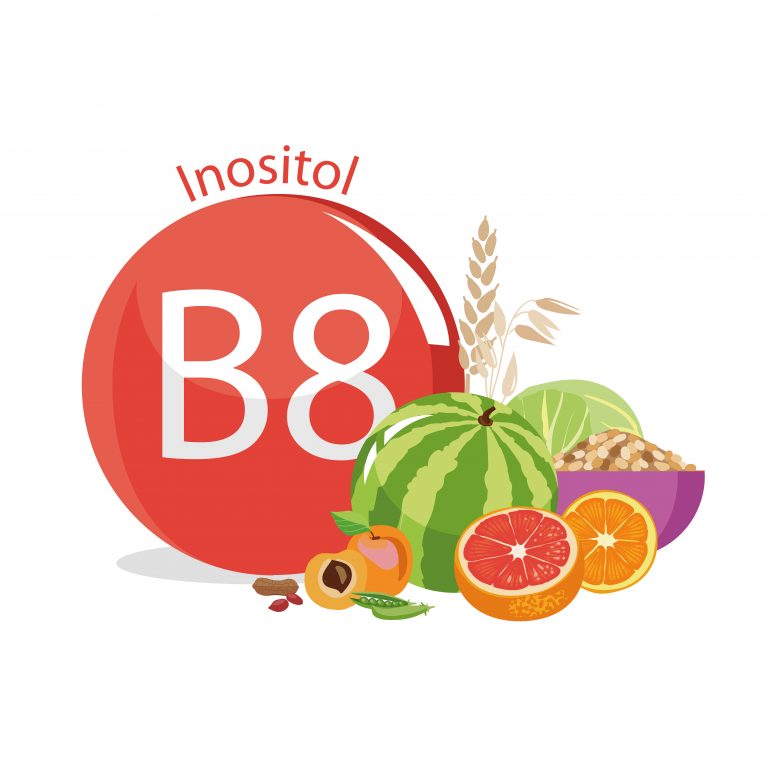Inositol is synthesized in the brain, partly in the liver, kidneys and probably in all tissues. It’s also the building block of cell membranes. It circulates in the blood, where it’s collected by cells that cannot synthesize it. It’s also produced by bacteria present in our body, including those located in the digestive system.
Inositol - actions
It occurs in meat, milk, fruits, nuts, cereals and vegetables. It’s also - next to choline - the main component of lecithin that we can take in tablets (lecithin is found in nuts, especially groundnuts, soy, peas, lentils and other seeds, whole grains and sprouts).
In order for our body to use inositol from food, an enzyme called phytase is needed, which is found in intestinal juice and intestinal villi. Therefore, if disturbances in the intestinal environment arise, inositol deficiency may occur. Such a situation can also take place when we eat wrongly using only semi-finished products or e.g. dishes prepared in microwave ovens, which can deprive products of natural bio substance.

Why do we need inositol?
Some scientists consider it the best remedy for relieving stress, relieving patients of tension and anxiety, and sleeping pills. Studies show that inositol allows the balance of copper and zinc in brain cells, which is important for our nervous system. Too much copper in the brain cells can cause irritability, bothersome neurosis, aggressiveness and even mental anomalies. The presence of inositol corrects this surplus, and zinc balances adverse effects and brings relaxation.
Like choline, this substance also takes part in the transmission of nerve signals and regulates the action of some enzymes. In the cell from inositol particles arise its phosphates, or active salts of phosphoric acid, which stimulate calcium ions, activating neurotransmitters. They work differently depending on the body in which they are located, thanks to the influence of inositol on the transformation of nervous tissue are stimulated to action.

Working with choline, inositol - as a component of lecithin - is involved in the transformation of cholesterol, which protects the body against arteriosclerosis. Participates in the production, transfer and operation of fats.
The special situation in the absorption of inositol occurs in diabetics who have an elevated blood glucose level, which inhibits the absorption of inositol in the brain and nerve cells. This causes a deficiency of this substance in the muscles, and consequently motor and nervous disturbances. Inositol itself may have a therapeutic effect on the nerve diseases associated with diabetes.
This compound is also involved in the production of sperm (100 g of sperm contains 53 mg of inositol). Therefore, it’s presumed that the lack of inositol can cause infertility.
It also plays a role in the development of many cells in the bone marrow. Thanks to him, our hair grows, and sometimes it’s used to prevent baldness (this does not refer to hereditary hair loss).
Due to the stimulating action of the muscles in the digestive system, this substance is used to prevent constipation.
Big stress increases the choline demand twice!
Do you know that...
* Inositol is sensitive to caffeine contained in coffee. That's why people who drink 2-4 cups of coffee a day may be deficient.
* This substance is lost when people drink too much water (more than 2.5 litres a day), because it flushes out inositol from the body.






